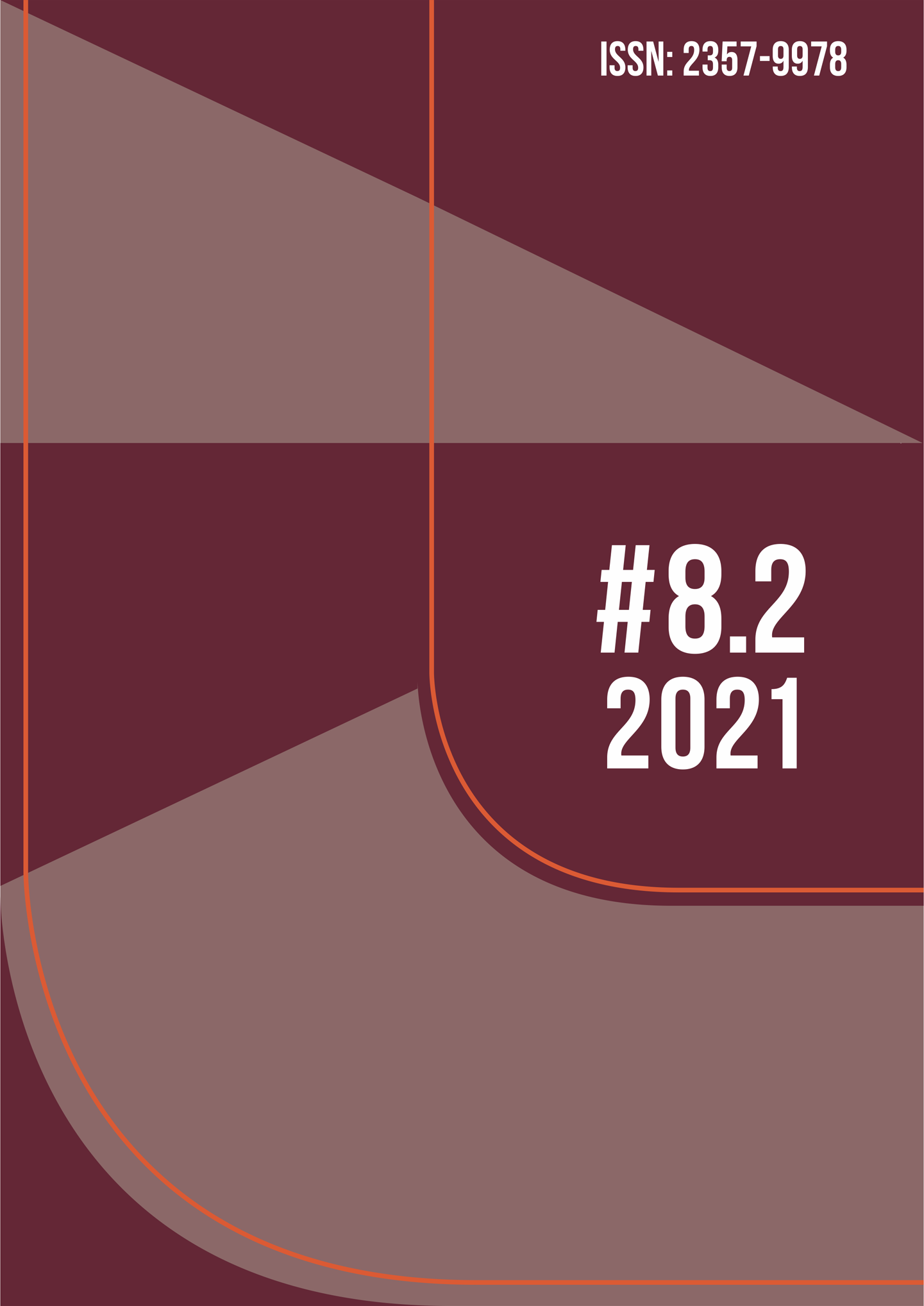The elusive and evocative histories of Cuban dance
DOI:
https://doi.org/10.36025/arj.v8i2.26006Keywords:
dance, Cuban arts, revolution, historiography, art and politicsAbstract
In interview given to Igor Lemos Moreira, the American historian Elizabeth Schwall reflects on the role of Cuban dance in the island's revolutionary context. Specialist in the interface between arts and politics in the Americas, Schwall discusses theoretical-methodological aspects of studying the performing arts in historiography, the different processes that involved the institutionalization of dance by the Cuban revolutionary government and the interconnected histories between exiles and artists who support the revolution. Throughout the interview, carried out remotely, it is clear that, in addition to being a fruitful field for art historiography, the study of Cuban dance in the 20th century makes it possible to reflect on the global and intertwined connections between politics, society, art and individuals.
Downloads
References
BURDSALL, Lorna. More than Just a Footnote: Dancing from Connecticut to revolutionary Cuba. Quebec: AGMV Marquis, 2001.
CALERO, Sonia. Interview with Elizabeth Schwall, Miami, Florida. December 5, 2013.
DE LA FUENTE, Alejandro. A Nation for All: Race, Inequality, and Politics in Twentieth-Century Cuba. Chapel Hill: University of North Carolina Press, 2001.
GUERRA, Lillian. Visions of Power in Cuba: Revolution, Redemption, and Resistance, 1959-1971. Chapel Hill: University of North Carolina Press, 2012.
GUILLERMOPRIETO, Alma. La Habana en un espejo. Barcelona: Literatura Random House, 2018.
JOHN, Suki. Contemporary Dance in Cuba: Técnica Cubana as Revolutionary Movement. Jefferson, NC: McFarland, 2012.
KENYON, Kathryn. “Cuban Ballet’s ‘Giselle’ Is Success Despite Defections.” Los Angeles Times, November 17, 1966, p. D22.
LAMBE, Jennifer. Madhouse: Psychiatry and Politics in Cuban History. Chapel Hill: University of North Carolina Press, 2017.
LEAL, Rine. Teatro Escambray. Havana: Editorial Letras Cubanas, 1978.
MARTÍNEZ, Caridad. Interview with Elizabeth Schwall. New York City, New York. January 18, 2019.
MIRABAL, Elizabeth; VELAZCO, Carlos. Hablar de Guillermo Rosales. Miami: Editorial Silueta, 2013.
MOORE, Robin. Music and Revolution: Cultural Change in Socialist Cuba. Berkeley: University of California Press, 2006.
SCHWALL, Elizabeth. Coordinating Movements: The Politics of Cuban-Mexican Dance Exchanges, 1959-1983. Hispanic American Historical Review, v. 97, n. 4, p. 681-716, 2017.
SCHWALL, Elizabeth. A Spectacular Embrace: Dance Dialogues between Cuba and the Soviet Union, 1959-1973. Dance Chronicle, v. 41, n. 3, p. 275-302, 2018.
SERRA, Ana. The “New Man” in Cuba: Culture and Identity in the Revolution. Gainesville: University Press of Florida, 2007.
Downloads
Published
How to Cite
Issue
Section
License
Copyright (c) 2021 Elizabeth Schwall, Igor Lemos Moreira (Autor)

This work is licensed under a Creative Commons Attribution-NonCommercial-ShareAlike 4.0 International License.

This work is licensed under a Attribution-NonCommercial-ShareAlike 4.0 International (CC BY-NC-SA 4.0) License.
Authors retain copyright, while licensing their work under a Attribution-NonCommercial-ShareAlike 4.0 International (CC BY-NC-SA 4.0) License.


 English
English Português (Brasil)
Português (Brasil)
